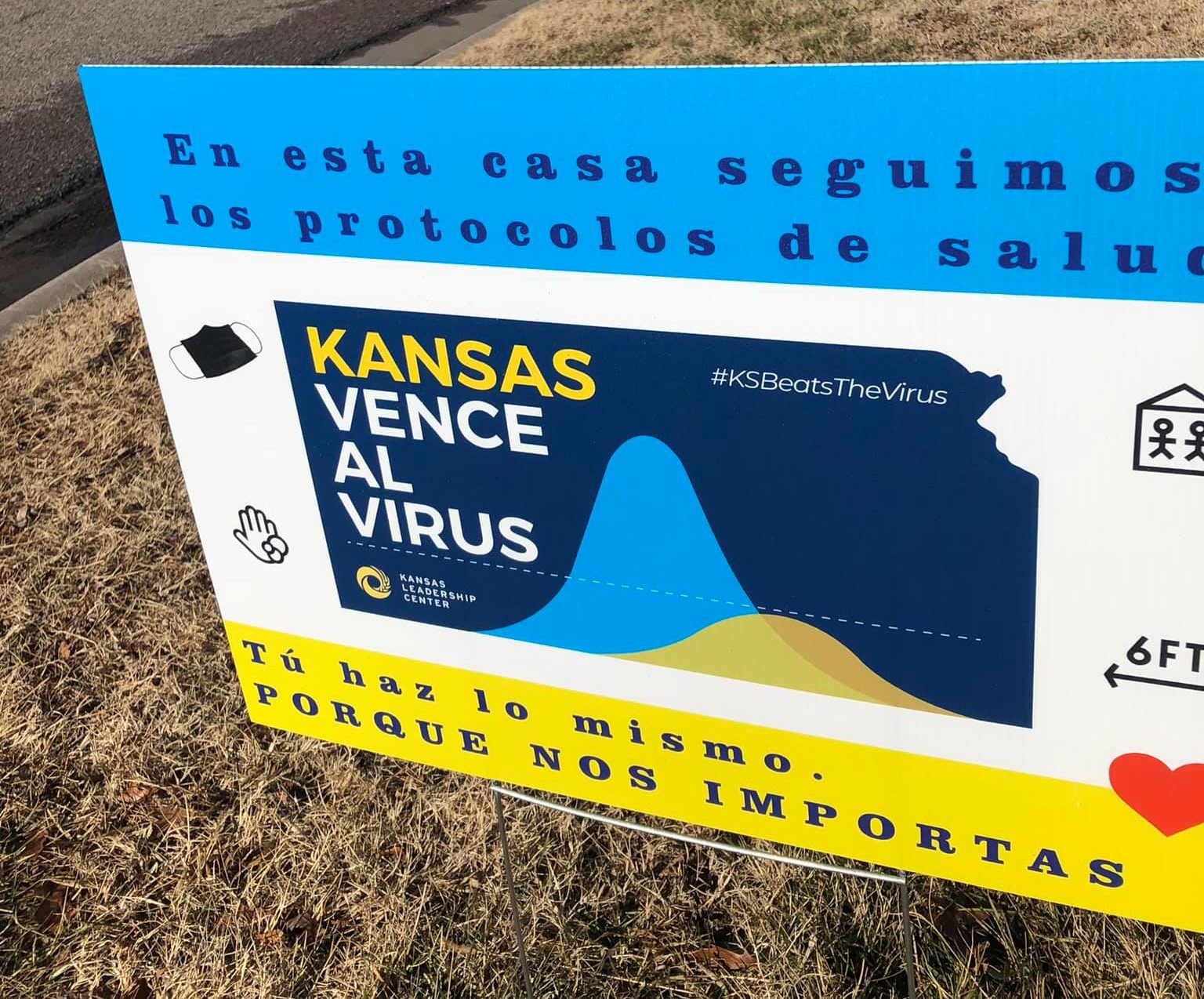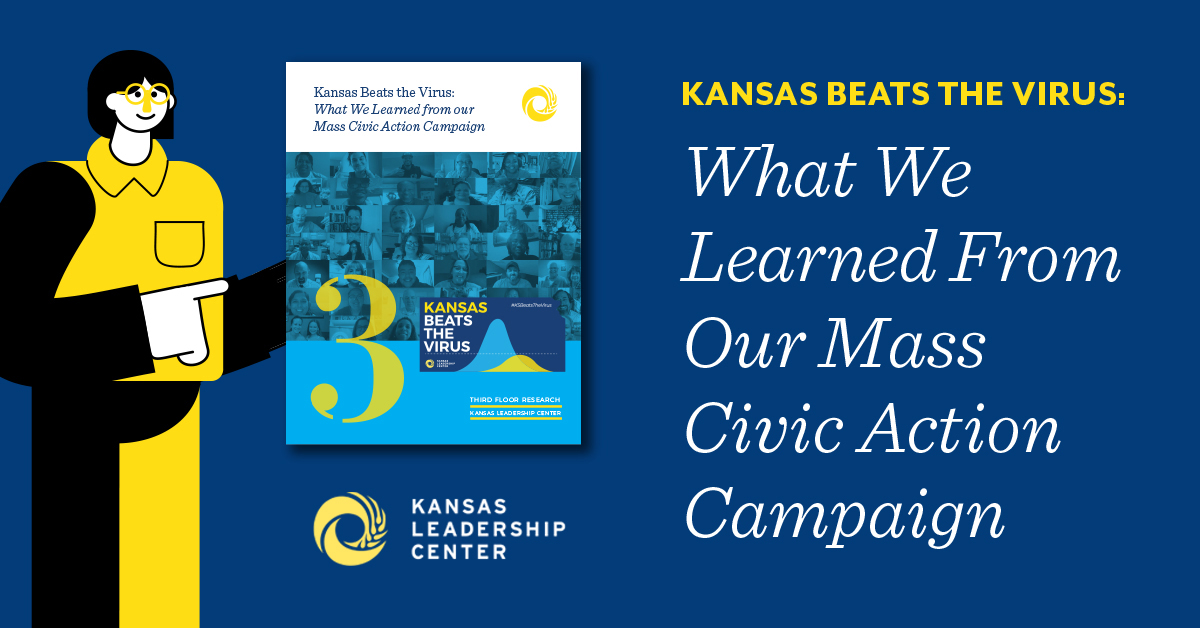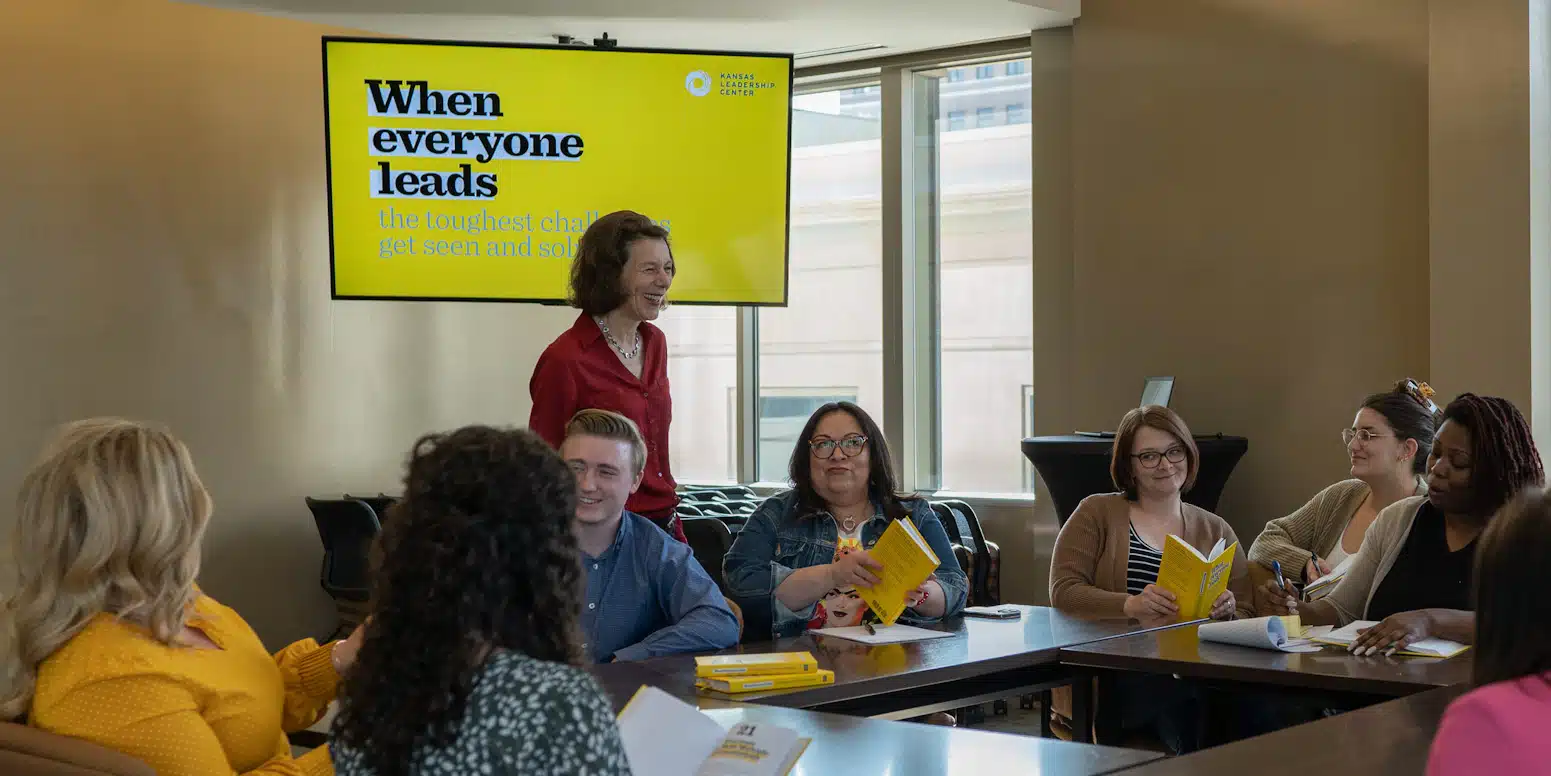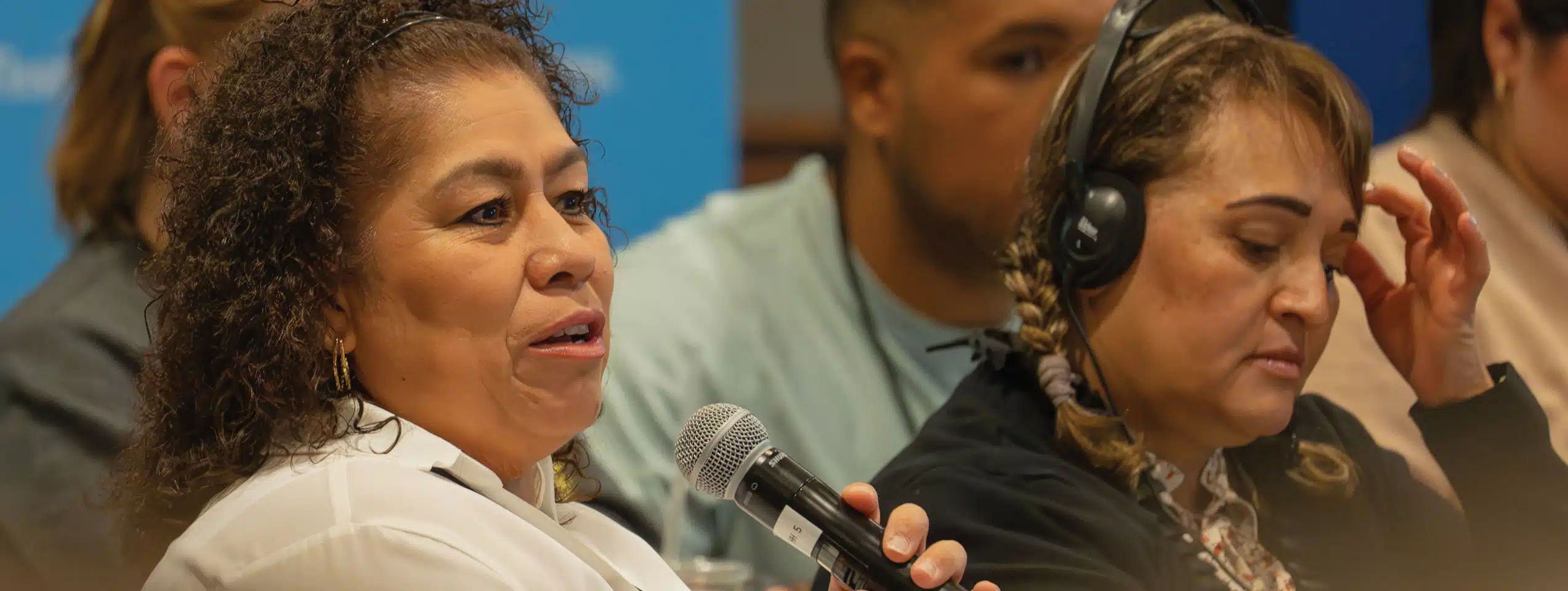Relationships with trusted groups, incentives helped reach the Latinx community
To help reach the state’s largest group of non-White residents in the KBTV initiative, some project leaders used incentives, innovative ideas and established relationships with the Latinx or Hispanic community.
Kansans of Hispanic or Latinx ethnicity make up 12.2% of the population, according to 2019 U.S. Census Bureau statistics. The initiative’s participation rate among this ethnic group was half of the Hispanic population rate.
Lalo Muñoz was one of three Kansas Leadership Center Spanish-speaking facilitators who worked with Spanish-speaking conveners and groups during the KBTV initiative. The executive director of El Centro of Topeka, a Catholic social services organization, Muñoz identified some challenges that could explain a lower initiative participation rate among Latinos.
“Zoom is used by individuals who sit in an office and many immigrants don’t work in an office. Being among the working class was a barrier. They have phones, but limited data plans. Some don’t have email.”
Nevertheless, the opportunity to connect and make a difference was powerful for those who did participate, Muñoz discovered.
Convener Blanca Soto, who was with Kansas Appleseed at the time of the initiative, and project convener Araceli Amador, a Wichita-based cosmetics distributor, agreed.
“I think the biggest thing was that this was the first time participants felt they had a voice and could take action,” said Soto, who also worked with participants applying for grants.
Amador said she has already heard from project members that they are eager to help with similar efforts in the future. Amador spearheaded a total of three projects by tapping into her statewide business connections and former co-workers, including a doctor with the Sedgwick County Health Department.
“They loved it,” Amador said. “They said the next time you have a project like this we would love to participate. I think they felt they were participating in something that was important for the whole community, that they were doing something for everyone.”
“I think the biggest thing was that this was the first time that participants felt they had a voice and could take action.”
—Blanca Soto, Kansas Beats the Virus project organizer
Two of Soto’s most successful projects were those that involved existing adult learner groups: English-as-a-second-language students at Dodge City Community College and Spanish-speaking clients taking parenting classes through the Kansas Family Advisory Network. Students, who were given $30 gift cards as incentives, were able to use the organizations’ technology infrastructure. Soto provided gift card incentives to all of the groups she worked with during the initiative — about 10 altogether. For one project that went unfunded, she donated her convener honorarium so that the project could proceed.
Not only did these adult learners help inform others in the community about safety protocols and testing centers they also used the opportunity to inform themselves.
“This became their opportunity to ask questions that they weren’t able to ask in other settings. Most of the times, the meetings ran longer (than scheduled),” said Soto, who in February 2021 became the first Hispanic woman selected to the Dodge City city commission.
Like Soto, Amador allowed those who worked with her to come up with the project focus. One of the groups Amador worked with created gift packages of masks, sanitizers and sweet treats distributed to 15 isolated senior citizens in the Latino communities in Wichita, Emporia and Kansas City.
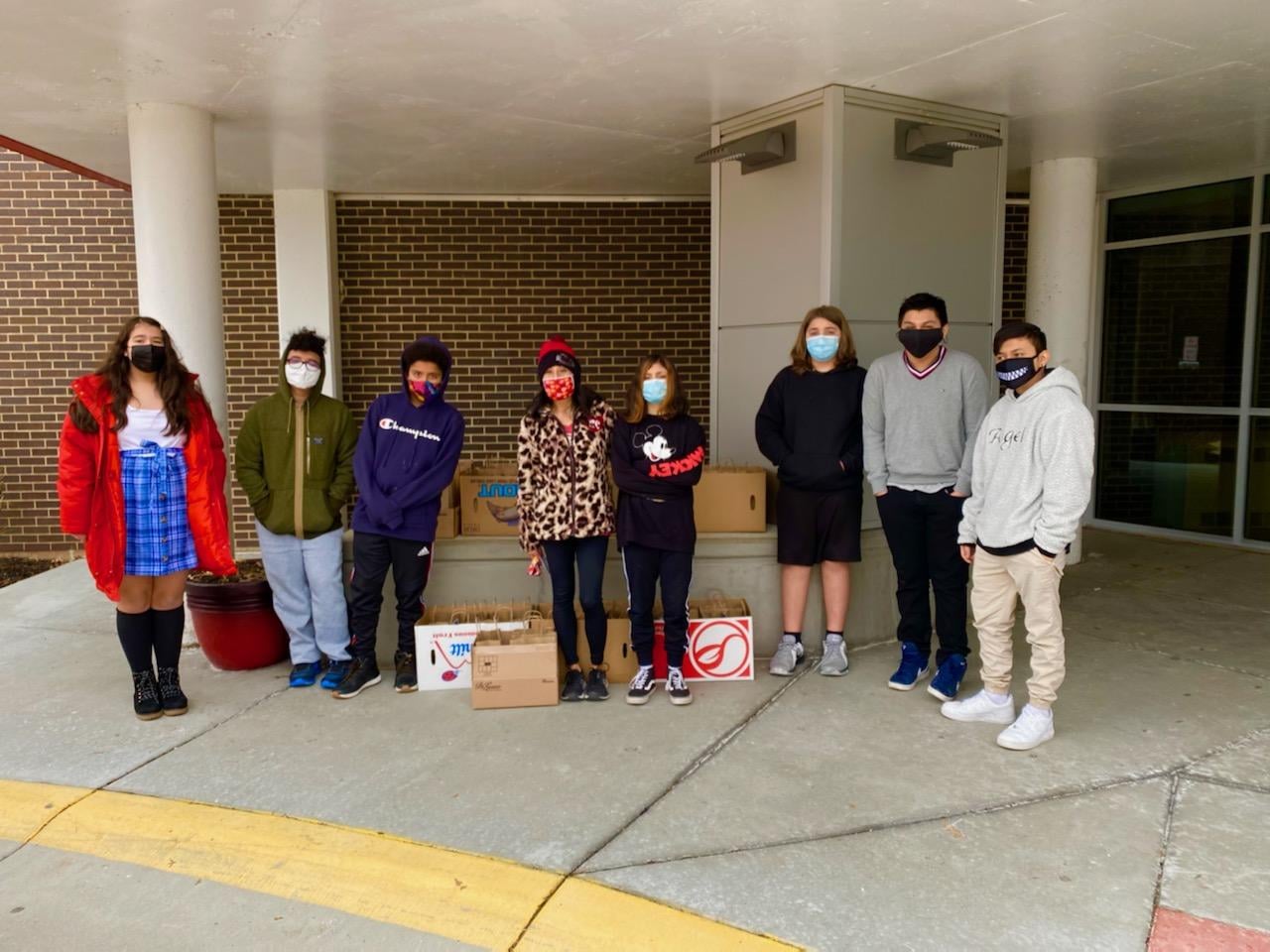
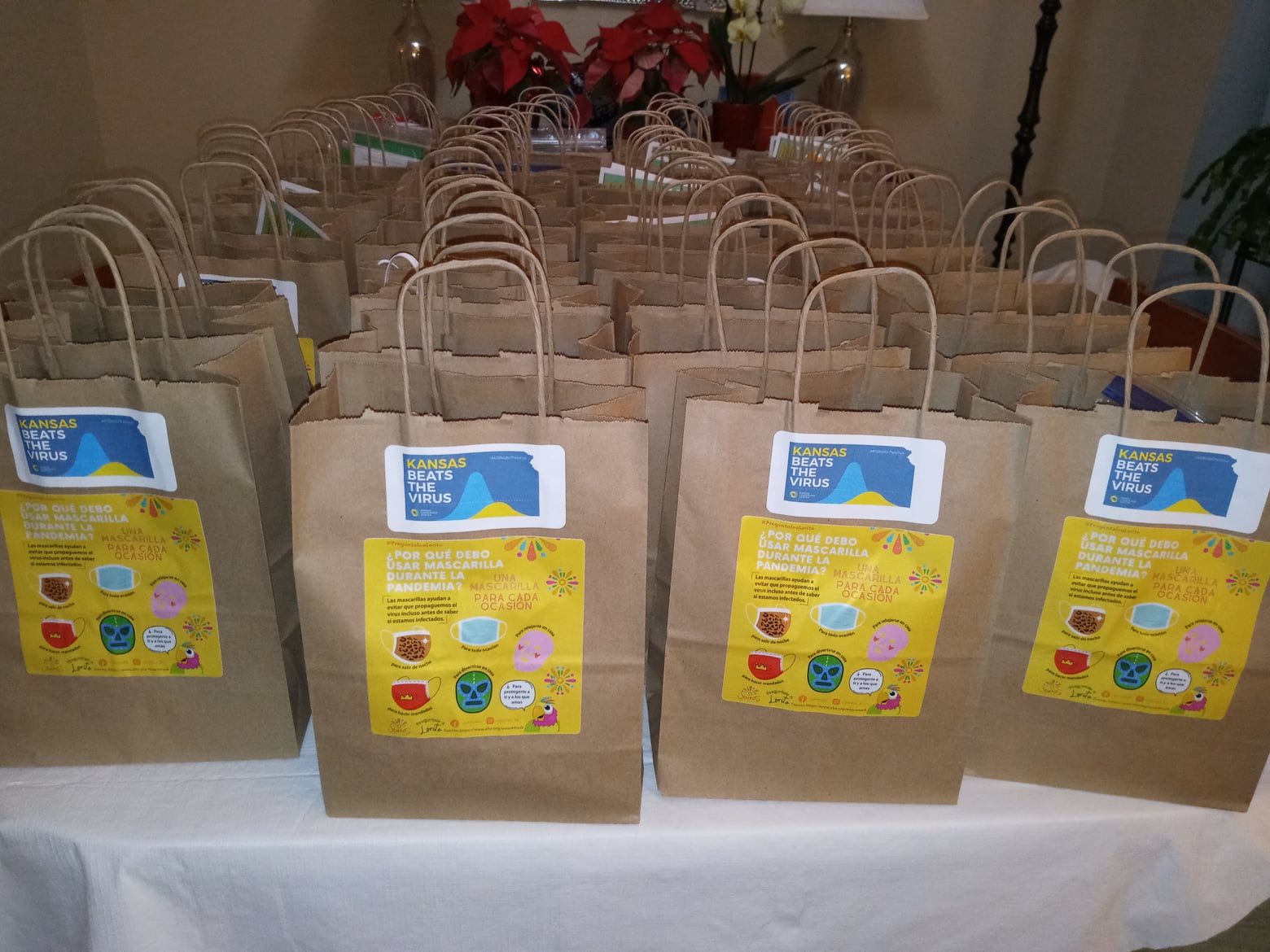
“It let them know that while they are living alone, they were not alone,” Amador said.
Amador’s other project — a TikTok contest —had a broader reach, with videos produced for the contest garnering a total of 7,000 views.
The project members used their social media connections, including Latino Facebook groups in Liberal, Garden City, Salina and other parts of Kansas, to share a Facebook page Amador created to spread the word about the contest. Amador continues to post information about the virus on the Together podemos (Together We Can) page.
While initially the Together podemos TikTok contest was directed at competitors ages 15 to 20, project members soon heard from people both younger and older who wanted to create videos and compete. The contest was expanded to include ages 10 to 50, with the prize money being $200 for first, $150 for second and $100 for third place. The videos, ranging between15 to 60 seconds, had to feature original content addressing COVID prevention facts.
One of the prize-winners was Brianna, a young Kansas City girl, who used stuffed animals to convey the concept of social distancing.
By Amy Geiszler-Jones
This case study comes from our evaluation report on Kansas Beats the Virus produced by Third Floor Research, an applied research center operated in partnership with Kansas State University’s Staley School of Leadership Studies.
